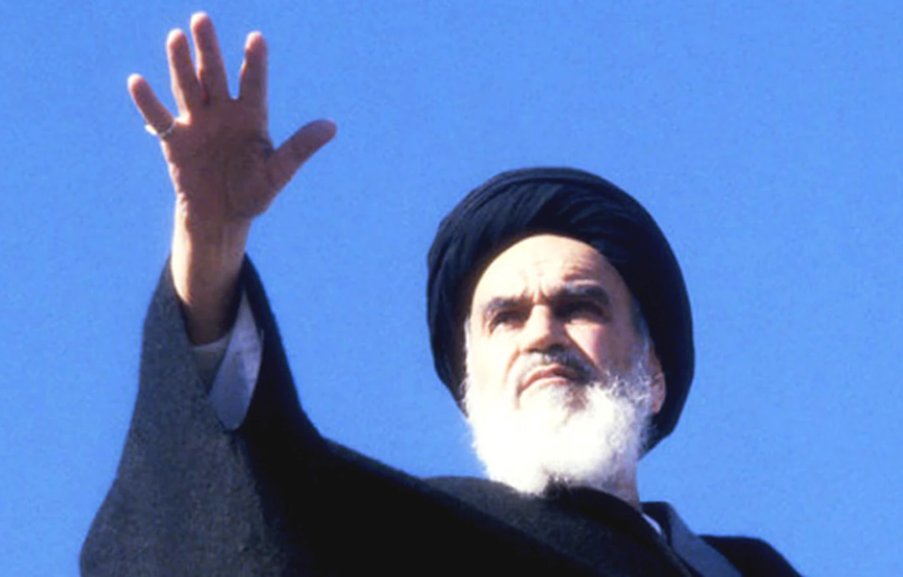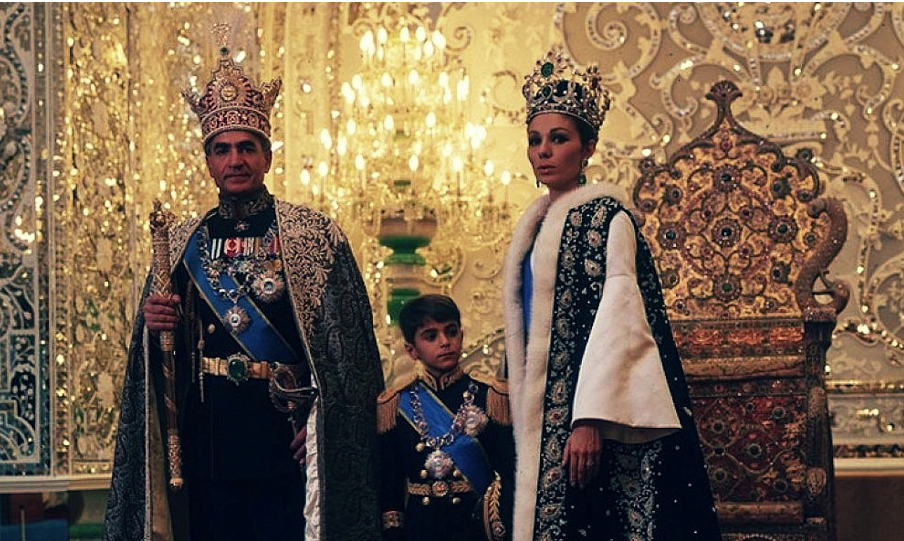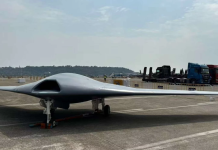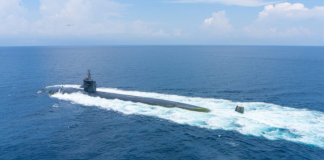By Serafeim Vylliotis
Iranians are torn between reminiscing about the power of the Persian Empire, memories of attempts at domination by foreign powers, and feeling constantly in danger on all sides. The result is an intense nationalism grafted with Islamic fanaticism. Iran fears the rest of the world, but it also scares the rest of the world.
From the early 16th century the dominant religion in the Persian Empire was Islamic Shiism, as opposed to the Sunni Ottoman Empire (ed: say, it’s like the distinction between Orthodox and Catholic Christians). In the 19th century and the first half of the 20th, the country faced imperialist pressure from Moscow and London.
In 1953, a military coup organized by the US and UK violently overthrew the democratically elected Iranian Prime Minister Mohammad Mossadegh, who had nationalized oil in 1951, and established the Shah’s regime with Washington’s help. This regime was modernizing, but at the same time repressive, as the US wanted to make the shah “gendarme of the Persian Gulf”. (Iran was the only country to which America had given F-14 Tomcats.)
KHOMEINI
In 1979, a religious and social revolution overthrew Shah Mohammad Reza Pahlavi and brought to power Ayatollah Ruhollah Khomeini, who abolished secularism in Iran. In other words, it replaced the monarchical regime with a theocratic system based on the principles of Shiite Islam. Gulf states, some of which have large Shiite populations, feared the regime’s sectarian and political expansionism.

Iran broke with the US (it was now presented as the “Great Satan”). On November 4, 1979, 52 U.S. diplomats and citizens were taken hostage at the U.S. embassy in Tehran by a group of Islamist students, in violation of international conventions. This crisis, which ended on 20 January 1981, marked the breakdown of diplomatic, strategic and trade relations between the two countries. In 1980, after a long history of border disputes, Saddam Hussein’s neighboring Iraq attacked Iran under the illusion of a quick victory. Iraq even used chemical weapons, with the support of the West and Arab countries. The war lasted eight years, costing EUR 1 million. lives and did not bring about any border change.
Iran did not participate in the Gulf War in 1990-1991, but this did not lead to reconciliation with the Americans. The country had a deep sense of isolation and the perception that it was threatened in various ways or surrounded by enemies (Arab countries, Taliban Afghanistan, Israel, Pakistan, Turkey, USA). George W. Bush’s denunciation in January 2002 that Iran, Iraq and North Korea were forming an “Axis of Evil” reinforced this feeling.
The war in Iraq strengthened the U.S. military presence on Iran’s doorstep, but also dismantled the Iraqi army. Then President Mahmoud Ahmadinejad’s threats against Israel and Iran’s nuclear program, which was increasingly suspected of having a military purpose, alarmed the rest of the world, especially the West and neighboring Arab countries. In 2013, moderate Hassan Rouhani was elected president.
New negotiations began with the “5+1” group (the five permanent members of the Security Council plus Germany) to find a solution to Tehran’s nuclear program, end sanctions and definitively reintegrate Iran into the international game. Iranian society was hungry for change. The tough negotiations resulted in an agreement in July 2015. However, the deal was denounced in 2018 by Donald Trump, who wanted to overthrow the Iranian regime not through war, but through a policy of economic strangulation, threatening sanctions on other countries that would continue to do business with him. He hoped that this would discredit moderates and make society reject the regime.
The hawks returned to power in Iran in 2021. In 2022, the population (mainly women) rose up against repression and the economic crisis. With its very existence threatened, the regime’s only response was even harsher repression.
After the outbreak of the war in Gaza (October 2023), Iran took part “by proxy”, either through Hezbollah in Lebanon or through Hamas in Gaza, avoiding a direct confrontation with the much more powerful Israel. But the Israeli airstrike on the Iranian consulate in Damascus (April 1, 2024), which resulted in the deaths of key Iranian military personnel, prompted Tehran to get out of its “strategic patience” and enter a new field.













